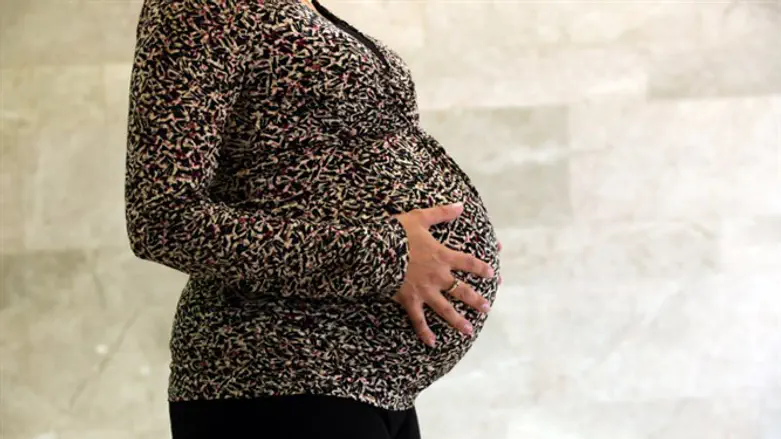
The religious community places a large emphasis on older singles and is trying to find solutions to help with this complicated issue.
A less spoken about topic is that of fertility preservation, which needs to be discussed and brought to public attention, since unfortunately, time is ticking. Not all women are aware, but starting around age 35 onward, fertility decreases and a woman is less likely to become pregnant. This is especially true if she has never given birth before.
Machon Puah has been tackling this topic for many years. PUAH deals with people from all backgrounds and serves as a leader in the field. At the Institute, assistance is given to approximately 30 women a month who are accompanied throughout the entire procedure. The process of fertility preservation is appropriate for all women, starting at age 30 or 40, who are interested in having children, but are currently single, divorced, or widowed.
“The whole process of fertility preservation is not simple from a physical, emotional, or financial perspective. The decision to venture down this path is extremely difficult; the expenses run high, it is physically painful, and the negative reaction of some members of society all cause emotional turmoil, beyond the technical details. We are aware of all of these challenges and are here to accompany each woman who goes through this procedure, to ensure that she knows she has someone to turn to and she is not alone” says Dr. Murielle Yarchi, Head of the Fertility Preservation Department at Machon Puah.
Fertility preservation is not available everywhere in the world, and many countries make this process difficult to go through. For this reason, many women from abroad hear of the assistance and service offered by Machon Puah, which is cheaper than other options, and due to personal, economic, or other considerations, choose to undergo the treatment here in Israel.
In order to make the information accessible to all women, including those who made Aliyah to Israel, who may not be familiar with technical Hebrew terms, Machon Puah recently held a virtual English language panel on the subject. Over one hundred women joined the program.
Shelhavit, a young woman who returned to Israel in order to undergo the fertility preservation process shared her experience. "I have been living abroad for years, and as the time goes on, I have made a firm decision to go through fertility preservation treatment. I decided to do this treatment specifically here in Israel, through Machon Puah because I felt that I need someone who will escort me through this process and tell me what to do. I’m not saying that it’s easy, not at all. There are medical tests, I need to travel, and undergo numerous tests that I do not fully understand, but I feel that I always have support here. Dr. Murielle speaks to me in a way that I can understand, she has immense knowledge, and she advises me as much as she possibly can, including financially. I feel as though there is someone here who truly cares about me, that I’m not just another number, and I am so blessed to be going through this process that will enable me to be a mother in the future.”
The panel included a medical overview given by Doctor Anat Hershko-Clement, Head of the IVF Department at the Mount Scopus Hadassah Medical Center, who explained the entire medical procedure. Rabbi Elchanan Lewis, an expert and Rabbi at Machon Puah discussed the religious and halachic aspects of the treatment. Two women who have undergone the treatments shared their personal stories, and Dr. Murielle Yarchi explained how Machon Puah helps women through the process.
Rabbi Burstein, Head of Machon Puah adds “Israel is one of the leading countries in the world regarding fertility treatments. There are HMOs that recognize the importance of fertility preservation and excellent medical centers. At Machon Puah we accompany the single women medically, halachically, and emotionally, so that they don’t go through this alone and they know that someone is taking care of them.”